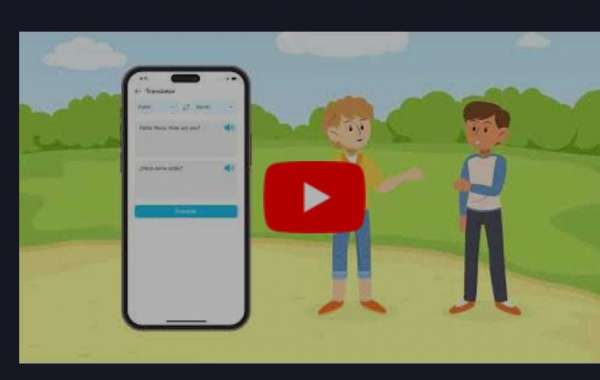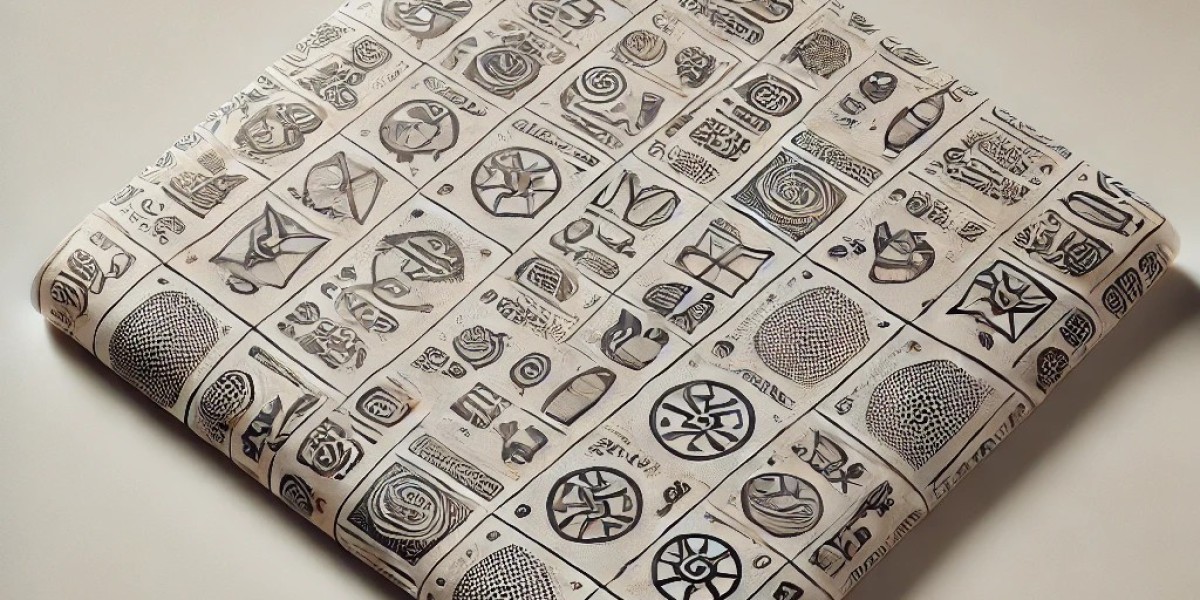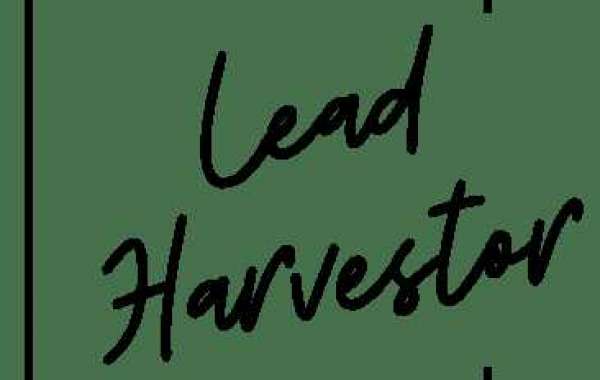In the age of digital innovation, technology has become a powerful ally in creating inclusive learning environments. For individuals with different learning disabilities, specialized apps and tools play a pivotal role in providing tailored support, enhancing educational experiences, and fostering independence. In this blog, we'll explore the world of inclusive technology, highlighting apps and tools specifically designed to address various learning disabilities.
Understanding Learning Disabilities: Learning disabilities encompass a range of challenges that affect an individual's ability to acquire, process, or express information. These disabilities may impact areas such as reading (dyslexia), writing (dysgraphia), and math (dyscalculia). Inclusive technology aims to bridge these gaps, offering solutions that cater to diverse learning needs.
1. Text-to-Speech Apps for Dyslexia: Dyslexia, a common learning disability affecting reading and language processing, can be supported by text-to-speech apps. These apps convert written text into spoken words, providing auditory reinforcement and aiding comprehension. Examples include Voice Dream Reader and NaturalReader.
2. Speech-to-Text Tools for Dysgraphia: Individuals with dysgraphia, which affects writing and fine motor skills, can benefit from speech-to-text tools. These tools allow users to speak into a device, converting spoken words into written text. Popular options include Google's Voice Typing and Dragon NaturallySpeaking.
3. Math Apps for Dyscalculia: Dyscalculia, impacting mathematical abilities, can be addressed with specialized math apps. These apps offer interactive and visual approaches to learning math concepts. Apps like ModMath and Dyscalculator provide customizable interfaces and step-by-step guidance.
4. Mind Mapping Tools for ADHD: Individuals with Attention-Deficit/Hyperactivity Disorder (ADHD) can benefit from mind mapping tools to organize thoughts and enhance focus. Apps like MindMeister and XMind help create visual representations of ideas, aiding in information retention and organization.
5. Audiobook Platforms for Reading Disabilities: For individuals with reading disabilities, audiobook platforms offer an alternative way to access content. Apps like Audible and Learning Ally provide a vast library of audiobooks, supporting comprehension and enjoyment of literature.
6. Interactive Whiteboard Apps for Visual Learners: Visual learners, including those with specific learning preferences, can leverage interactive whiteboard apps. Apps like Explain Everything and Educreations facilitate dynamic visual presentations and support interactive learning experiences.
7. Customizable Fonts and Backgrounds for Visual Impairments: Visual impairments can be accommodated with apps that allow for customizable fonts, colors, and backgrounds. Apps like ClaroPDF and Voice Dream Scanner offer features that enhance readability and accessibility for individuals with visual challenges.
8. Time Management Apps for Executive Functioning Challenges: Executive functioning challenges, common in conditions like ADHD, can be addressed with time management apps. Apps such as Focus@Will and Time Timer assist individuals in organizing tasks, managing time, and maintaining focus.
9. Memory Aid Apps for Cognitive Impairments: Cognitive impairments affecting memory can be supported with memory aid apps. Apps like Evernote and Google Keep allow users to create digital notes, set reminders, and organize information for easy retrieval.
10. Assistive Keyboards for Motor Skill Difficulties: Motor skill difficulties, including challenges with fine motor control, can be addressed with assistive keyboards. Apps like Gboard and TouchChat offer customizable keyboard layouts, word prediction, and gesture-based input for improved accessibility.
see more:-










